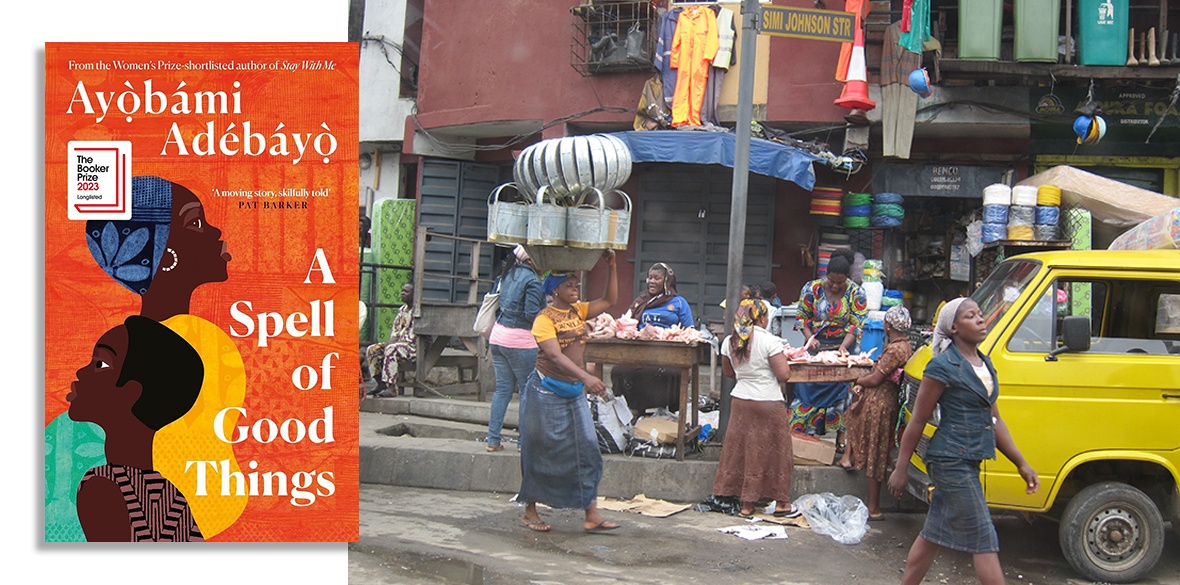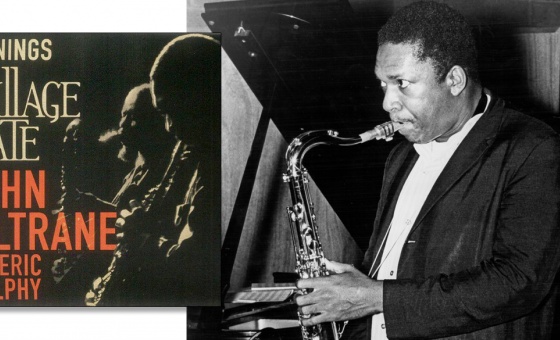This is the last article you can read this month
You can read more article this month
You can read more articles this month
Sorry your limit is up for this month
Reset on:
Please help support the Morning Star by subscribing here
A Spell of Good Things
Ayobami Adebayo
Canongate, £9.99
AYOBAMI ADEBAYO’S second novel has been widely praised for being eminently readable as well as extremely relevant, combining the personal with the political in 21st century Nigeria.
Set against the background of the restoration of democracy following years of military dictatorships, it shows a context fraught with the problems of rising inequalities, decaying public services and political corruption, along with gender inequalities and domestic violence.
It follows two very different protagonists and their families.
Eniola comes from a newly impoverished family, his father having lost his job as a teacher as the result of government cuts. The family struggles to buy food, let alone to afford the private school fees that are seen as a necessity given the dire state of educational provision in government schools. Nor can they afford to pay for Eniola’s apprenticeship to a tailor, a skill that would have enabled him to earn enough to make his own way, although he keeps going to Aunty Cato’s tailoring shop to learn what he can, picking up tips from wealthy customers on the way.
You are drawn into Eniola’s story as he struggles to pursue his dream of finishing his education and getting a secure job. Forced to enrol in a dysfunctional state school, he is befriended by a group of boys who show him alternative ways of making money, working for the “Honourable,” a local politician who plans to stand for election as state governor. Spoiler alert – this is not going to end well!
Eniola’s story intersects with that of Wuraola, a young doctor from a privileged family. We first meet Wuraola herself as she struggles to cope with the demands of the families of her patients as well as with trying to meet the needs of the patients themselves. She works exhaustingly long hours in a hospital plagued by the inadequacy of its resources, all too often compounded by electricity cuts.
Wuraola is her family’s golden girl, fulfilling their dreams for her as a successful professional, although her mother is increasingly concerned about her daughter’s unmarried status. Despite her relative privilege, Wuraola has struggles of her own with her problematic boyfriend, Kunle.
But it would be wrong to mistake this for a tale of misery. The protagonists and their families find their own ways of coping, demonstrating both resilience and humour.
Adebayo is a great storyteller. Her characters come alive, and so do the sights and sounds of a bustling Nigerian city. She sprinkles the story with local details and Yoruba terms, adding to the novel’s powerful sense of place.
Some aspects of the book depend on the Nigerian context: the women, especially the older women, come across as being strong forces to be reckoned with that still acknowledge the power of patriarchy, bowing to their husbands in principle, if not always in practice. Other aspects are universal: jealousy and domestic violence are handled in all-too-convincing ways, and the increasing prevalence of social inequality, political corruption and violence are familiar.
Adebayo tells a compelling story, combining the personal and the political. Recommended.











